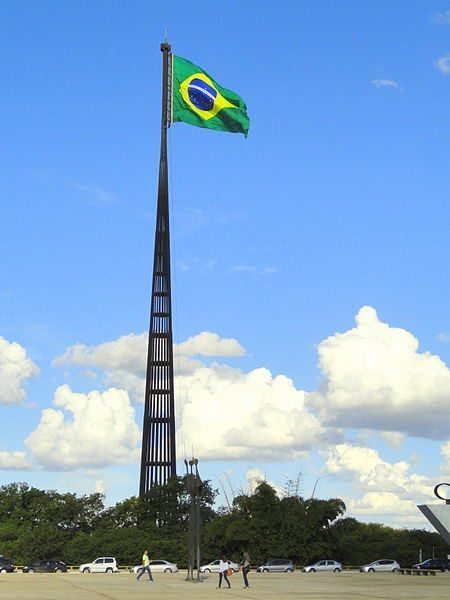Big changes are in the works for Brazil’s telecommunication policies. At the end of last week telecom regulator Anatel published a resolution on the 700 MHz band saying that an auction for this frequency band will only occur if interference issues with broadcasters are solved. The government expects to accept bids next year on the 700 MHz spectrum designed for LTE deployments.
This week the Brazilian government moved forward with discussions on the Marco Civil da Internet bill; however, there has been no vote yet. The bill would regulate aspects of the Internet, such as the data storage procedures of Internet service providers and content providers. Two of the most polemic topics are net neutrality and an amendment requiring ISPs to store the personal data of Brazilian citizens only in Brazil.
Although the latter is supported by President Dilma Rousseff, an in-country data storage requirement is opposed by companies such as Google and Facebook, and it is running into mounting opposition in congress.
LTE growth in Brazil: In September, the Brazilian telecom market reached 268.27 million mobile subscribers (135% penetration) including an increasing number of LTE users. Although the newest generation of telephony only accounts for .15% of the total base, the number of LTE users climbed to 552,632 by the end of September, 39% more than the previous month.
More news from the Latin American region:
- Panama’s Cable & Wireless had its telecommunications licenses renewed until 2027.
- UNE EPM plans to borrow approximately $164 million to finance current investments. For 2014, the company plans to invest in the expansion of its cable TV network and “4G” structures as well as in contact and data centers. The budget could be close to $265 million.
- Verizon Communications appointed Rafael Rivero to be the managing director for the Latin American region. According to the company, this appointment highlights its commitment to the region’s growth and the goal of providing the best technology for businesses.

